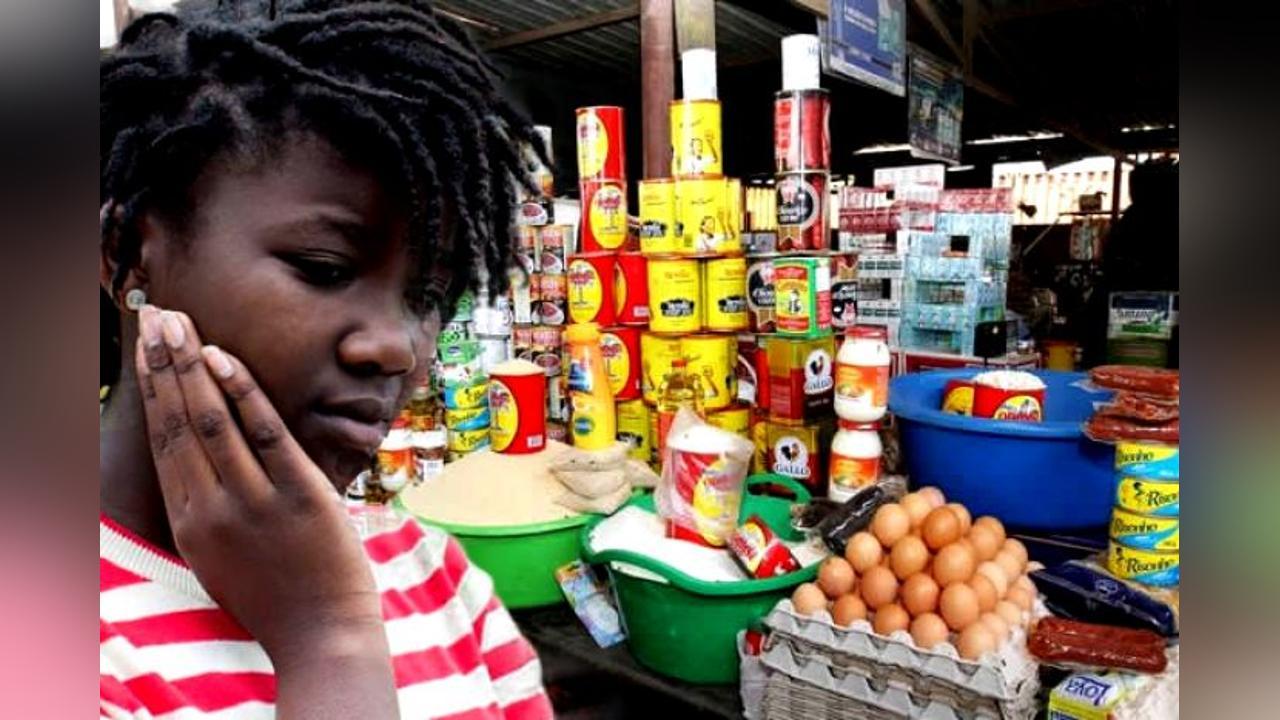Africa-Press – Angola. In an interview with Rádio MFM, Florindo Chivucute, executive director of the non-governmental organization Friends of Angola, shared his critical perspective on various aspects of governance in the country. The activist highlighted the worsening inflation in recent years and stated that “Angolan families are much poorer today than they were 10, 15 years ago.” But is this assertion supported by the available data?
“Inflation, the devaluation of the kwanza, and widespread corruption have been harming Angolan families. In other words, Angolan families are much poorer today than they were 10 or 15 years ago,” Chivucute declared on the latest edition of MFM Radio’s “A Última Palavra.”
Regarding the increase in poverty, the leader of Friends of Angola described a “degrading” scenario, illustrated by the struggle of people around garbage containers scattered throughout the country.
“It’s not just old people in the garbage cans. [There are also] hundreds of young people. Even during the Civil War, I don’t remember seeing children and young people fighting over garbage,” he lamented.
As a solution, he argued that the Executive should move forward with “urgent adjustments” to wages, in order to restore purchasing power to families and prevent them from continuing to live “with a rope around their neck.”
Chivucute was also critical of the anti-corruption fight led by the President of the Republic, João Lourenço, classifying it as a “fiasco”.
“Unfortunately, corruption hasn’t ended. Quite the contrary, it’s increased. And one of the main sources of corruption right now is the direct adjustments [simplified contracting] that the President has made to a handful of companies,” he charged.
But, after all, are Angolan families really poorer?
Yes. Available indicators confirm that poverty has worsened in Angola over the last decade.
According to the 2023/2024 Human Development Index (HDI) from the United Nations Development Programme (UNDP), cited by the newspaper Expansão, Angolan families are indeed poorer and have a shorter life expectancy. Angola ranks 150th among 193 countries analyzed and has the 14th highest rate of multidimensional poverty – affecting 32.5% of the population. This index goes beyond income, also assessing access to food, education, healthcare, and housing.
Afrobarometer reinforces this trend: between 2019 and 2022, extreme poverty in the country increased from 35% to 44% of the population.
More recently, the United Nations report on the State of Food Security and Nutrition in the World (SOFI 2024), published by the FAO, revealed that in 2023, approximately 28 million Angolans—equivalent to 79.2% of the population—faced moderate levels of food insecurity.
For More News And Analysis About Angola Follow Africa-Press






